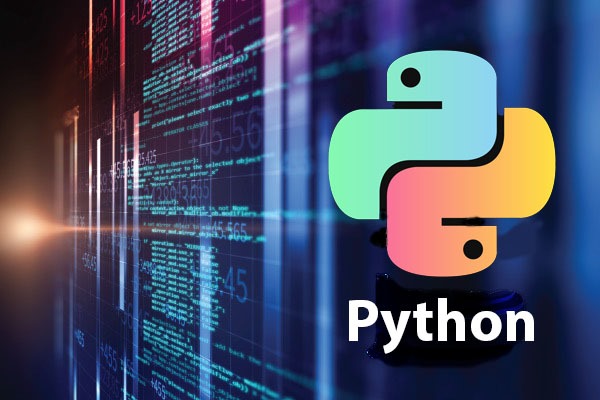
About us
Empowering Tech Careers with Aspire Technologies!
At Aspire Technologies, we are passionate about shaping the future of aspiring software professionals. With years of industry experience, our expert trainers deliver top-notch courses in programming, web development, and more. We focus on practical, hands-on learning to ensure you gain the skills needed to succeed in the tech world. Join us to transform your career and achieve your software job dreams!
Read More


















